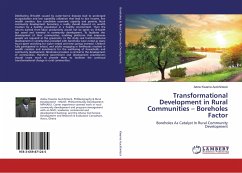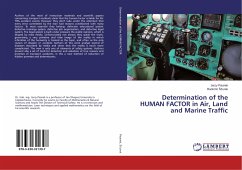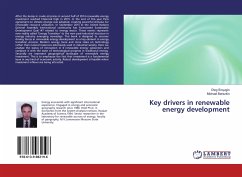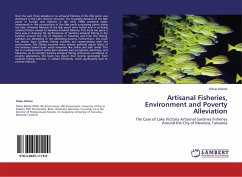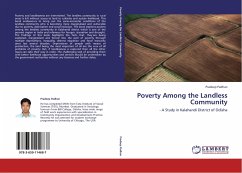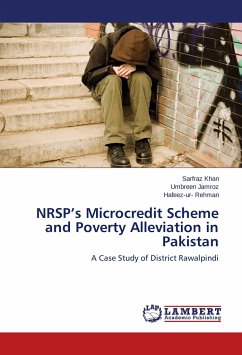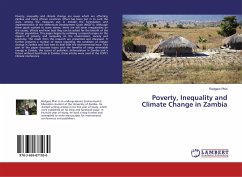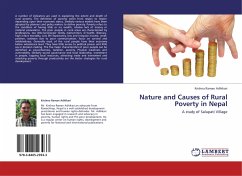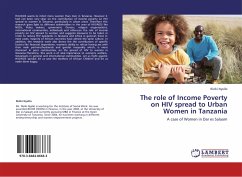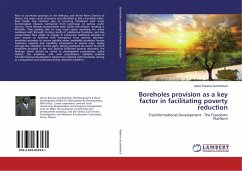
Boreholes provision as a key factor in facilitating poverty reduction
Transformational Development - The Freedoms Platform
Versandkostenfrei!
Versandfertig in 6-10 Tagen
51,99 €
inkl. MwSt.

PAYBACK Punkte
26 °P sammeln!
Prior to boreholes provision in the Atebubu and Afram Plains Districts of Ghana, the major cause of poverty was identified as lack of potable water. Poor health was common due to recurring infestation with water borne/related diseases contracted from patronage of surface water sources. These diseases incapacitated both adults and children resulting in ill-health. Time poverty due to long hours spent searching for water combined with ill-health to deny adults of substantive freedoms, and also compromised their ability to engage in productive livelihood activities to earn income to facilitate th...
Prior to boreholes provision in the Atebubu and Afram Plains Districts of Ghana, the major cause of poverty was identified as lack of potable water. Poor health was common due to recurring infestation with water borne/related diseases contracted from patronage of surface water sources. These diseases incapacitated both adults and children resulting in ill-health. Time poverty due to long hours spent searching for water combined with ill-health to deny adults of substantive freedoms, and also compromised their ability to engage in productive livelihood activities to earn income to facilitate their emergence from poverty. However, boreholes provision to ensure potable water availability promotes human freedoms, capacity and capability attainments in several ways, mainly through the utilization of time gains. Having examined the extent to which boreholes provided in the two Districts facilitated poverty reduction, the findings, which should be useful to development practitioners, policy makers, the academia, and rural populations, validates positive transformational development experiences attained with boreholes serving as a progressive and sustained poverty reduction platform.



